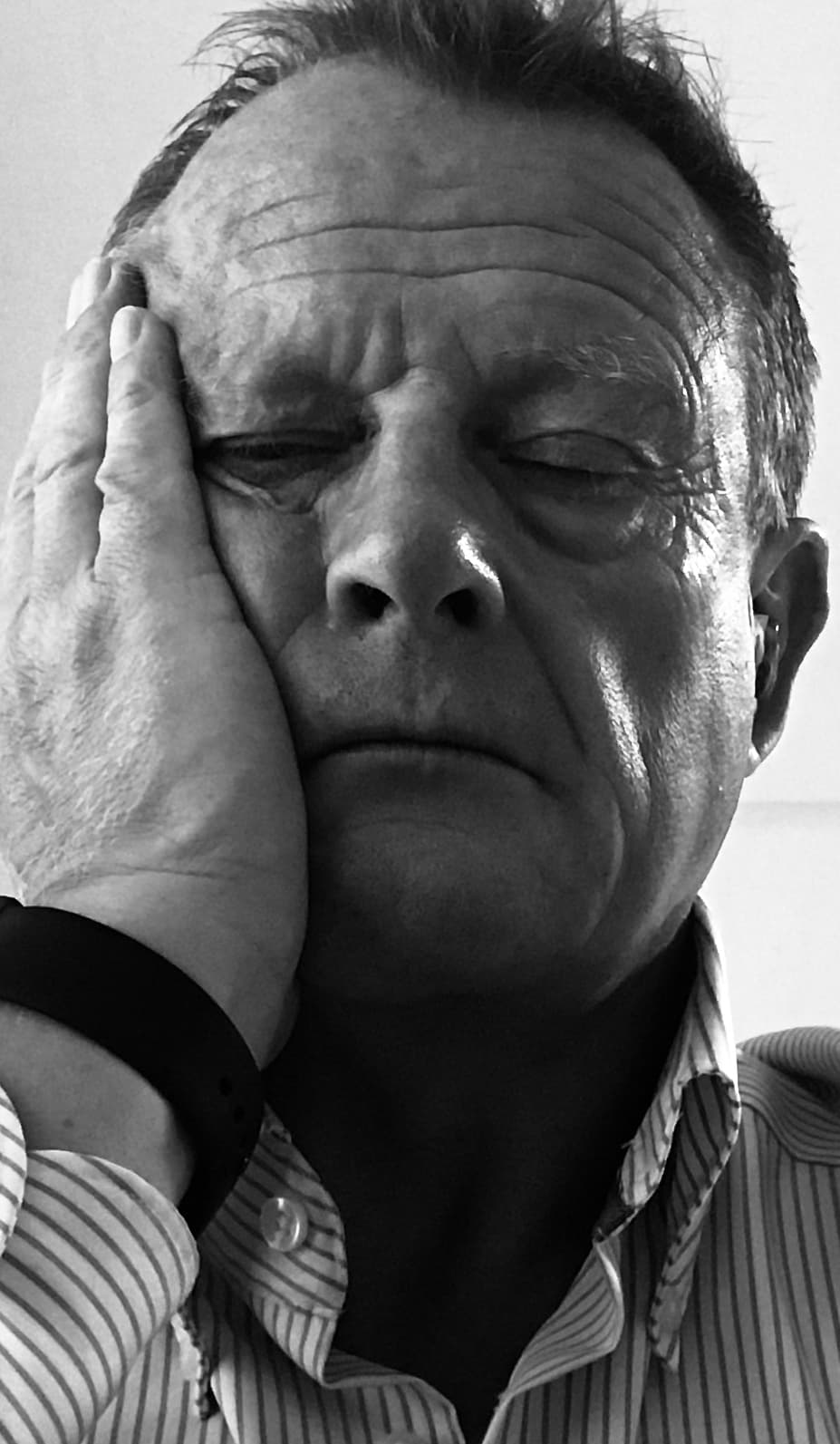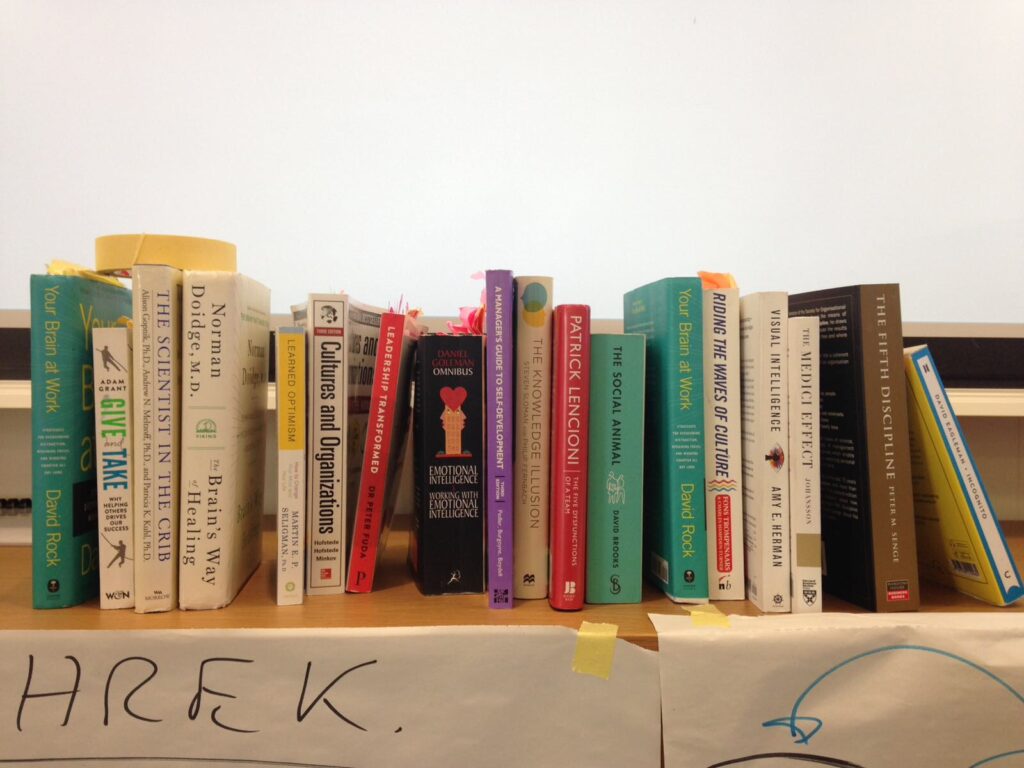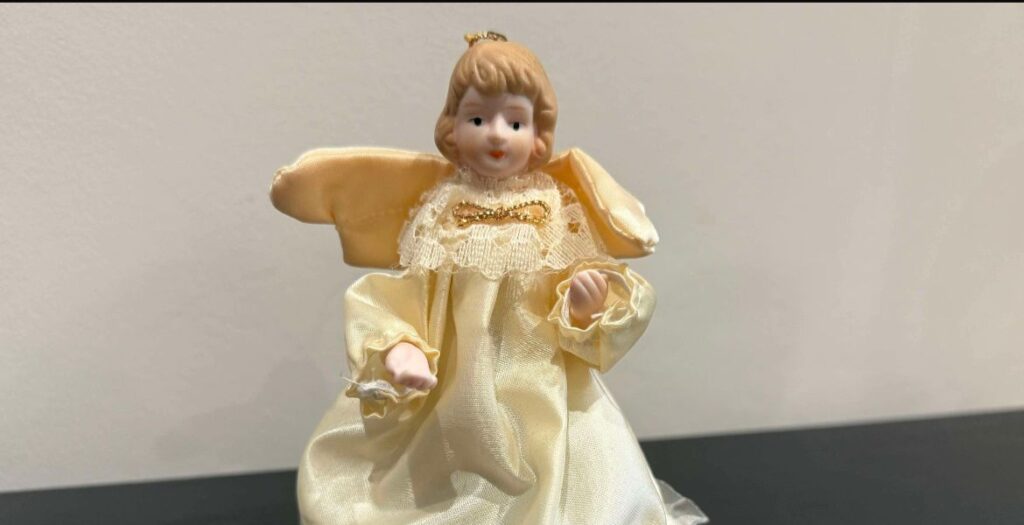Pain and I have been in a committed relationship for as long as I can remember. Not one of those healthy, mutually supportive bonds but more of a clingy, co dependent disaster, like a bad romance that refuses to end. It’s the price I’ve paid for a life spent hurtling myself through the air, convinced I was invincible. Gymnastics, trampolining, martial arts, football, skiing, waterskiing, kitesurfing if it involved speed, risk, and the possibility of bodily destruction, I was all in. And now? I have the medical history of a war veteran, minus the medals. I’ve had so many operations that my left foot is the only part of me yet to be filleted by a surgeon’s scalpel.
But here’s the thing about pain: it’s never just physical. It worms its way into your thoughts, seeps into your identity, and slowly erodes your patience until you find yourself yelling at inanimate objects for no particular reason. The worst part? The drugs that help manage it have a sneaky habit of taking over your life. For seventeen years, I was in a committed, if rather toxic, relationship with codeine. What started as a simple prescription for post-surgery discomfort became my crutch, my safety net, and, eventually, my ball and chain. I told myself I needed it, that it was just another tool in my ever-growing pain management arsenal. But, much like that one friend who overstays their welcome on your sofa, codeine refused to leave.
Breaking up with codeine was like splitting from a particularly manipulative ex—difficult, painful, and full of moments where I thought, “Maybe just one more time won’t hurt.” Spoiler: it always did. Painkillers don’t just numb pain; they numb life. And when I finally let them go, I had to face not just my broken body but the emotions I had been avoiding for nearly two decades. Pills take the edge off, and physiotherapy helps rebuild function, but no one tells you that the real battle is in your head. Healing isn’t just about fixing what’s broken; it’s about changing the way you see yourself and your pain.
Pain Is a Story Your Brain Tells You
For years, I saw pain as a villain—an evil mastermind hellbent on ruining my life. But then I read The Meaning of Pain by Nick Potter, and it was like a plot twist in my own personal tragedy. Pain, it turns out, isn’t just about physical damage. It’s a narrative constructed by the brain, influenced by emotions, past trauma, and stress levels. That was a game-changer. If my brain was essentially gaslighting me into experiencing more pain, then surely I could rewrite the script.
So, instead of focusing on all the things I could no longer do—like backflips, marathons, and sneezing without bracing for impact—I started celebrating the small victories. Could I stretch a little further today? Was there a moment when the pain wasn’t as bad? Did I get through an entire afternoon without fantasising about sawing my own leg off? These were my new benchmarks for success, and surprisingly, they helped.
Ichi Go Ichi E: Accepting the Now
The Japanese philosophy of ichi go ichi e—which translates roughly to “this moment is unique and unrepeatable” (or, in my case, “stop whinging and focus on now”)—became a lifeline. For years, I had been trapped in a cycle of nostalgia and anxiety, constantly comparing myself to who I used to be and dreading what the future might hold. Potter reinforced this idea by explaining that pain perception is deeply tied to context. If I approached pain with fear and frustration, it amplified. But when I accepted it, when I acknowledged its presence without resistance, something shifted.
Each day, I started asking myself:
- What can I do today that supports my body, rather than punishes it?
- What small progress can I celebrate, even if it’s just standing up without sounding like a haunted house door?
- How can I make peace with pain rather than engage in an exhausting battle against it?
Once I stopped treating pain like an adversary, I started seeing it for what it really was—a deeply annoying but ultimately manageable part of my life.
Mindfulness: Learning to Coexist with Pain
Pain has a way of making you feel like a hostage. But what if you just stopped fighting and let it sit next to you on the sofa, like an uninvited guest who refuses to leave? Mindfulness taught me how to do just that. Instead of resisting pain, I started observing it. Turns out, pain isn’t a static entity—it moves, shifts, and sometimes, even fades when you stop screaming at it.
Potter’s insights helped validate what I was experiencing. He explains that fear and catastrophising amplify pain, turning a tolerable sensation into something monstrous. When I stopped treating pain as an unbearable force and started treating it like an occasionally annoying housemate, it lost some of its power. Deep breathing, body scans, and moments of stillness became my go to tools—not to eliminate pain, but to stop it from ruling my life.
A Ridiculously Simple Exercise for Pain Management
If you, like me, are trapped in a long-term entanglement with pain, here’s a quick exercise that has saved my sanity:
- Find a comfortable position—preferably one that doesn’t make you resemble a pretzel.
- Close your eyes and take a deep breath in through your nose, filling your belly (yes, you do have one, despite what your abs might claim).
- Exhale slowly through your mouth, releasing any tension in your shoulders (which, let’s be honest, are currently hovering near your ears).
- Focus on the pain. Instead of cursing it, just observe it. What does it feel like? Where does it move? Does it change?
- With each exhale, imagine sending warmth and relaxation to that area. Yes, it sounds like hippie nonsense, but trust me, it works.
- Continue for five minutes, allowing yourself to sit with pain rather than wage war against it.
Reclaiming Control
Pain is still part of my life, but I refuse to let it define me. By embracing positive psychology, ichi go ichi e, mindfulness, and the insights from The Meaning of Pain by Nick Potter, I’ve discovered that while I may not have control over my injuries, I do have control over my response to them. Breaking free from codeine dependence was proof that true healing isn’t just about the body—it’s about reclaiming your mind, rewriting your narrative, and remembering that you are more than your pain.
So if you’re in the trenches of chronic pain, know this: you are not powerless. Shift your mindset, stay present, and find the humour in the madness. Because sometimes, laughing at the absurdity of it all is the best painkiller there is.



